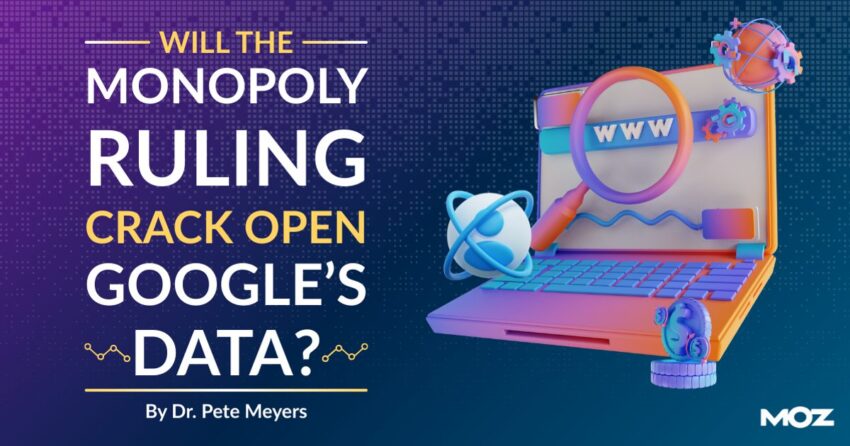TL;DR Summary of Google Antitrust Ruling and Its Impact on the Search Industry
Optimixed’s Overview: How the 2024 Google Antitrust Verdict Reshapes Search Competition and Innovation
Background and Legal Findings
After nearly five years of litigation, the US District Court ruled that Google unlawfully maintained a monopoly in the search market through exclusivity agreements and control over search advertising. The Department of Justice (DOJ) and multiple states argued that these practices stifled competition and consolidated Google’s data advantages.
Key Remedies Imposed on Google
- Ban on Exclusive Contracts: Google cannot enter or maintain exclusive agreements related to its search engine, Chrome browser, Google Assistant, or Gemini app, opening the market to competitors.
- Data Sharing with Qualified Competitors: Selected search index and user-interaction data will be shared on a limited, one-time basis at marginal cost, including document IDs, URL mappings, crawl times, spam scores, quality measures, and user signals.
- Syndicated Data Access: Qualified competitors will receive syndicated data across organic search, local results, maps, video, images, and knowledge panels at competitive market rates.
Google’s Successful Defenses and Limitations of Remedies
- No Divestiture of Chrome or Android: The court ruled these products are too integrated with Google’s infrastructure and outside the scope of US-only remedies.
- Retention of Knowledge Graph Data: Google is not required to share data enabling competitors to replicate this vast knowledge base.
- Payment for Default Placement Allowed: Google may continue accepting payments for default search placement, as banning this could harm the broader ecosystem.
- No Opt-Out for AI Training Data: Publishers cannot selectively exclude their content from AI training datasets under this ruling.
Implications for the Search Industry and Future Outlook
The ruling’s impact will emerge over several years through a technical committee overseeing compliance and defining “Qualified Competitors.” While barriers remain high for new entrants, increased data sharing and lifted exclusivity could foster innovation and competition, especially as Generative AI transforms search dynamics.
Google’s entrenched advantages in infrastructure, user data, and machine learning talent continue to present formidable challenges to competitors. The court recognized the rapid investment surge driven by AI but may have underestimated Google’s enduring market power.
Ultimately, this landmark case sets a precedent that may deter monopolistic practices and encourage a more diverse search ecosystem, though the full effects will unfold amidst ongoing technological evolution and market shifts over the next several years.
